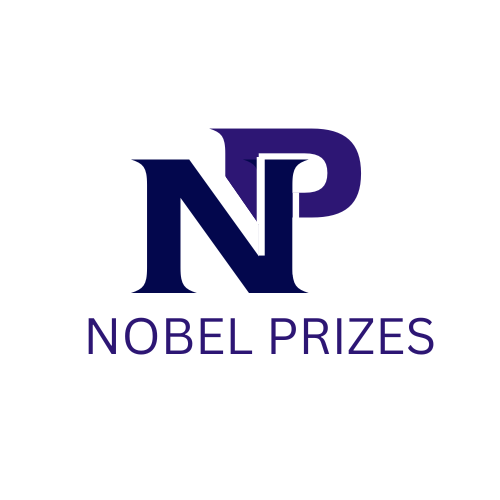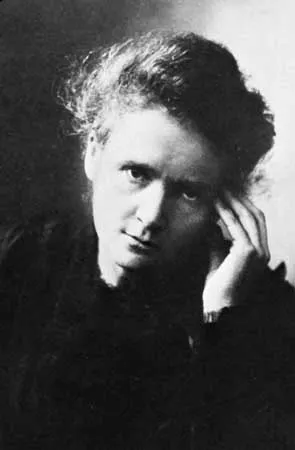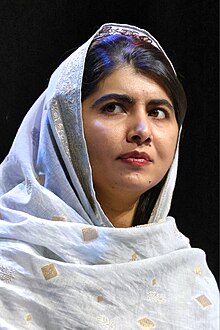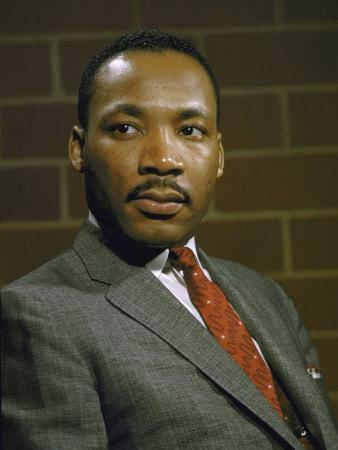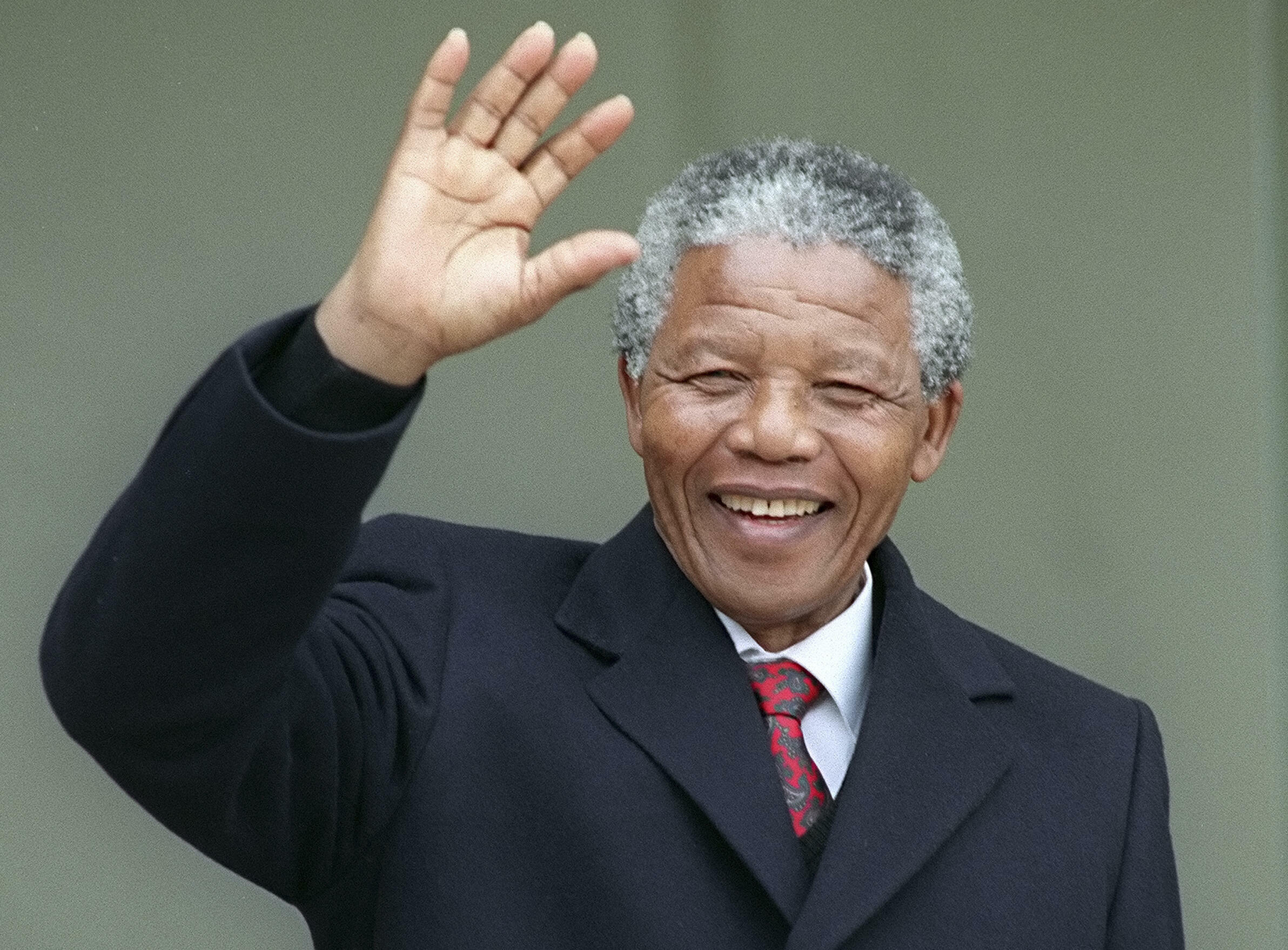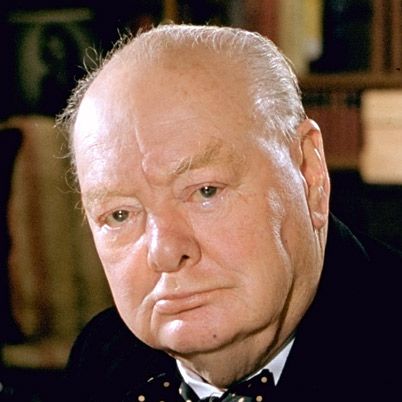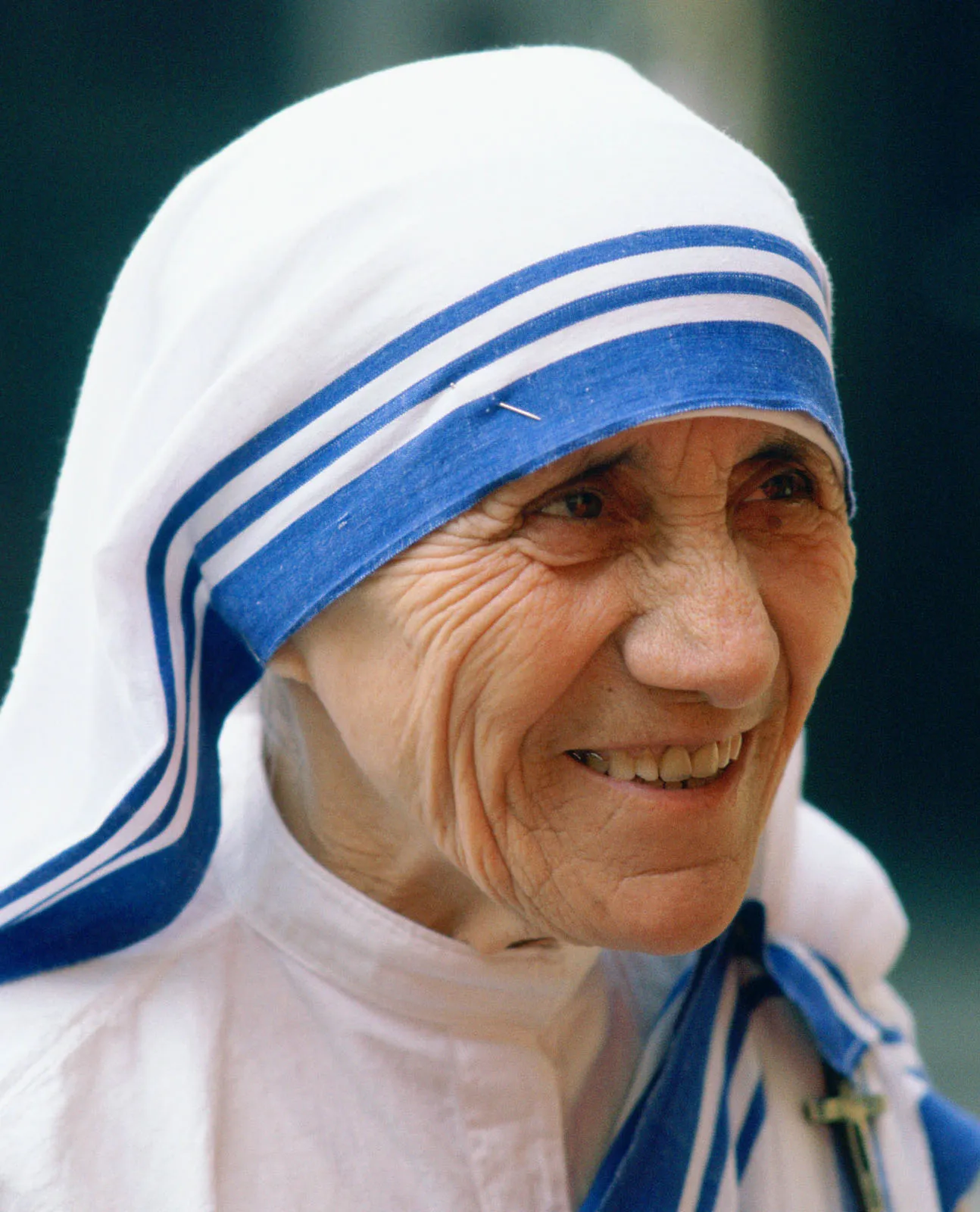In 1901, the first Nobel Prizes were awarded across six categories. Wilhelm Röntgen received the Nobel Prize in Physics for his groundbreaking discovery of X-rays. Jacobus Henricus van 't Hoff was honored with the Chemistry prize for his work on chemical dynamics and the laws of osmosis. The Medicine prize went to Emil von Behring for his development of serum therapy to treat diphtheria. Sully Prudhomme received the Literature award for his poetry focused on beauty and virtue. Henry Dunant and Frédéric Passy were jointly awarded the Peace Prize for their efforts in founding the Red Cross and promoting international peace. These inaugural awards laid the foundation for the prestigious Nobel tradition.
The 1939 Nobel Prizes were awarded in a year marked by the onset of World War II. In Physics, the prize went to Ernest O. Lawrence for the invention of the cyclotron, a revolutionary particle accelerator. The Chemistry award was given to Adolf Windaus for his work on sterols and their connection to vitamins. In Medicine, the prize was shared by Gerhard Domagk for his discovery of the first synthetic antibiotic, Prontosil. The Literature award went to Frans Eemil Sillanpää, a Finnish author recognized for his depiction of rural life. Finally, the Nobel Peace Prize was not awarded that year due to the ongoing war, reflecting the global tension and uncertainty. This marked the first time in the history of the Nobel Prizes that the Peace Prize was withheld. The global turmoil overshadowed many international efforts for peace and diplomacy during this period.
The 1944 Nobel Prizes were awarded during the height of World War II. In Physics, the prize went to Isidor Isaac Rabi for his discovery of nuclear magnetic resonance, a technique with major applications in medicine and chemistry. The Chemistry award was given to Otto Hahn for his discovery of nuclear fission, which later played a pivotal role in the development of nuclear energy and weapons. In Medicine, the prize was shared by Joseph Erlanger and Herbert Gasser for their discoveries in the physiology of the nervous system, particularly concerning the function of nerve fibers. The Literature prize was awarded to Johann Peter Jensen for his literary achievements, particularly his portrayal of life in Denmark. The Nobel Peace Prize was not awarded that year due to the ongoing war, continuing the trend of withholding the prize during global conflict.
The 2010 Nobel Prizes were awarded in various fields, recognizing groundbreaking contributions to science, literature, and peace. In Physics, the prize went to Andre Geim and Konstantin Novoselov for their discovery of graphene, a material with extraordinary properties. The Chemistry award was shared by Richard Feynman, Julian Schwinger, and Sin-Itiro Tomonaga for their work in quantum electrodynamics, which helped shape modern physics. In Medicine, the prize was awarded to Robert Edwards for his pioneering work in the development of in vitro fertilization (IVF). The Literature prize went to Mario Vargas Llosa, a Peruvian author, for his work highlighting the challenges of contemporary Latin American society. The Nobel Peace Prize was awarded to Liu Xiaobo, a Chinese dissident, for his long-standing advocacy for human rights and political reform in China, despite being imprisoned at the time.
The 2020 Nobel Prizes were awarded amidst the global challenges of the COVID-19 pandemic. In Physics, the prize was awarded to Roger Penrose for his work on black holes, Reinhard Genzel, and Andrea Ghez for the discovery of a supermassive compact object at the center of the Milky Way. The Chemistry prize went to Emmanuelle Charpentier and Jennifer A. Doudna for their development of the CRISPR-Cas9 gene-editing technology, which has revolutionized molecular biology. In Medicine, the prize was shared by Harvey J. Alter, Michael Houghton, and Charles M. Rice for the discovery of the hepatitis C virus, leading to blood tests and cures. The Literature prize was awarded to Louise Glück, an American poet, for her unmistakable poetic voice and mastery of the English language. The Nobel Peace Prize was awarded to the World Food Programme for its efforts to combat hunger and improve conditions for peace in conflict-affected areas.
